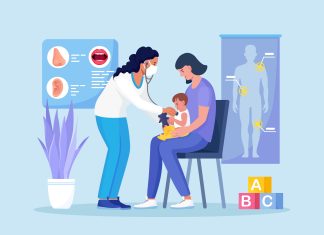The world’s first vaccine targeting allergy to birch pollen and related allergens—including apple, peach, peanut, and soy—has been developed by the Federal Medical and Biological Agency (FMBA) and is set to be registered by 2026. Musa Khaitov, president of the Russian Association of Allergologists and Clinical Immunologists, corresponding member of the Russian Academy of Sciences and director of the SRC Institute of Immunology at FMBA, announced this development to TASS. He revealed that the research team has successfully completed phase 1 of the trials and is soon to complete phase 2. Findings from these phases may be published by July or August of this year.
«Registration and introduction into civil circulation [of the vaccine] is planned for the end of 2025 – the beginning of 2026», — Khaitov stated during an open meeting of the Scientific Council of the Russian Academy of Sciences on Life Sciences.
He emphasized that all preclinical trial stages have been completed successfully, demonstrating the vaccine’s safety and specific activity. In addition, manufacturing regulations for the production of the vaccine have been developed. Data on the results of the study may be published this summer. Khaitov mentioned that the FMBA is also working on a separate vaccine for ragweed (Ambrosia) allergies, which are prevalent in southern regions of Russia.
The development of a vaccine for birch pollen allergy was first reported in 2023. Scientists from the Institute of Immunology at FMBA collaborated with researchers from the Medical University of Vienna to create the vaccine. When the trials are finished, the drug could be included in the National Vaccination Calendar. The new vaccine aims to eliminate allergic reactions after three to five injections, contrasting with current treatments that only alleviate the symptoms.
Veronika Skvortsova, the head of the FMBA of Russia, announced clinical trials of the vaccine in 2024. Igor Shilovsky, Deputy Director for Science and Innovation at the FMBA Institute of Immunology, noted that preclinical trials have shown promising results, with the allergovaccine exhibiting no toxic effects and no damage to vital organs, even at a dosage exceeding a hundredfold.




